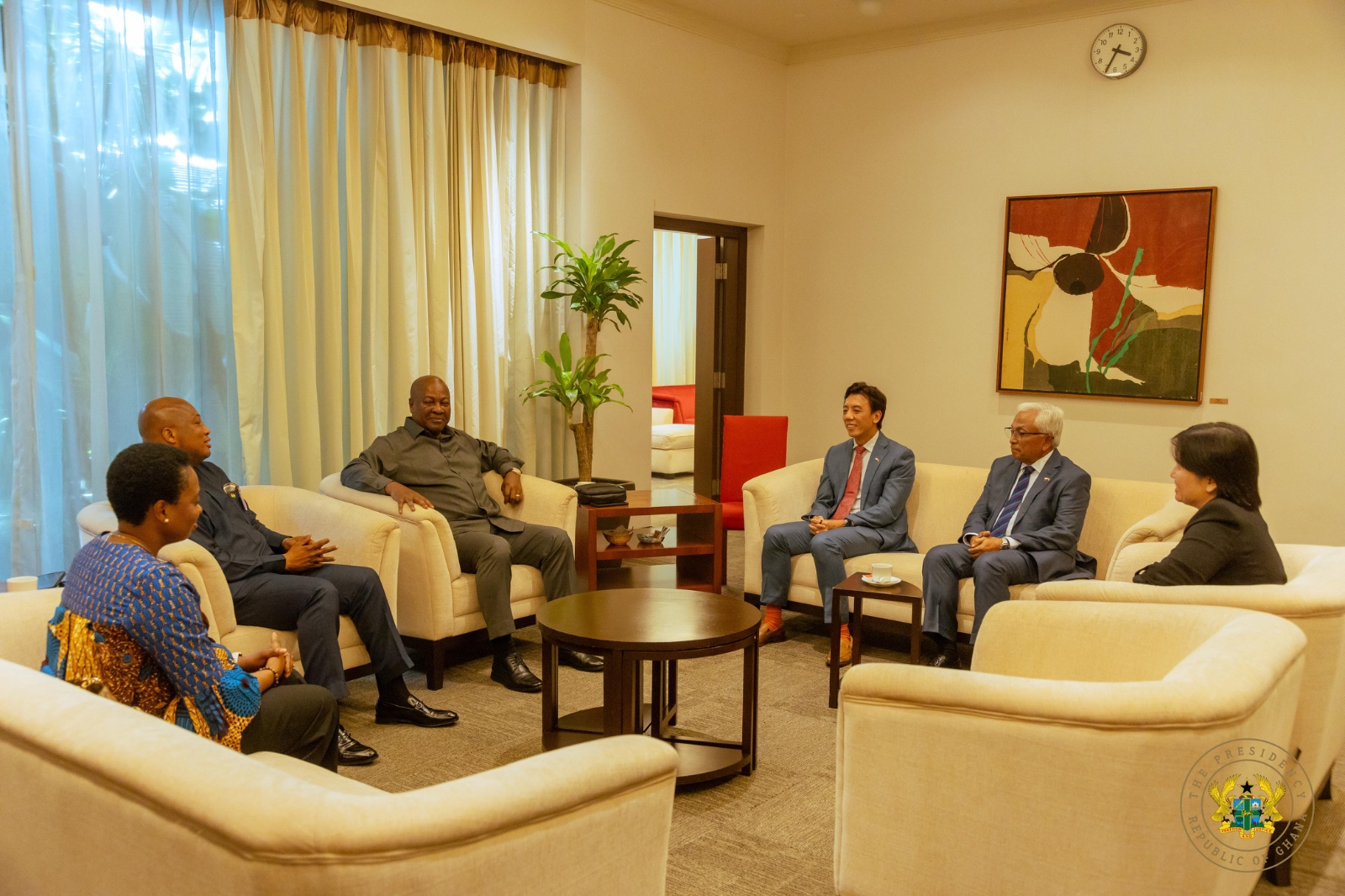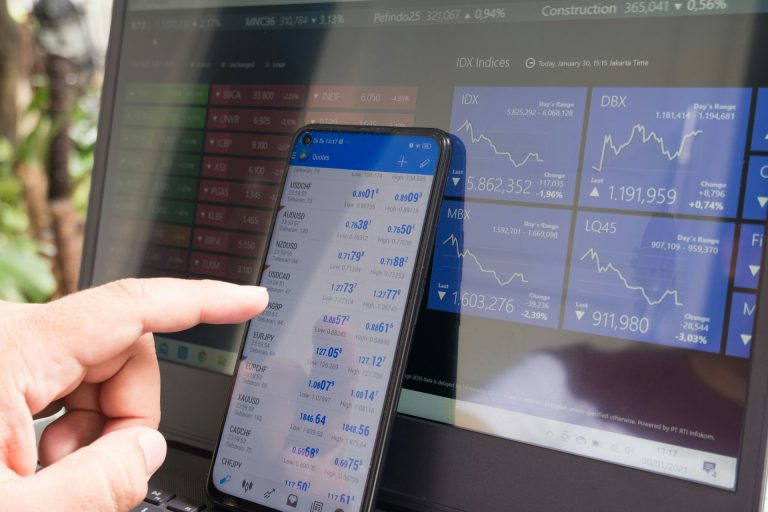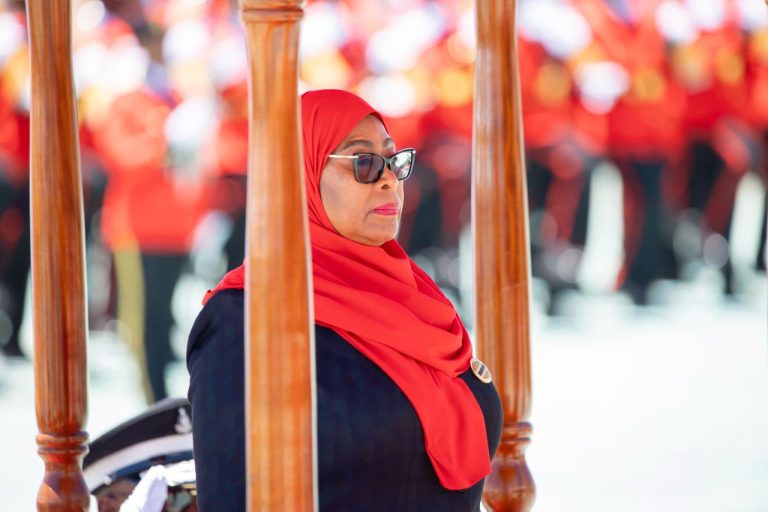- President Mahama secures over $1bn pledges in Singapore and $1.5bn deal in Japan
- Economists warn benefits must reach citizens, not just foreign partners
ACCRA, GHANA – Ghana is banking on billions of dollars in new Asian investment to fuel its economic transformation, but analysts say the true measure of success will be whether these projects generate jobs and strengthen local businesses.
President John Dramani Mahama’s recent visits to Singapore and Japan brought headline commitments across manufacturing, infrastructure, digital finance and youth training.
The two-nation tour, which included his appearance at the 9th Tokyo International Conference on African Development (TICAD 9), positioned Ghana at the centre of Asia-Africa cooperation.
In Singapore, Mahama secured more than $1 billion in pledges. OLAM International announced a $200 million pasta and feed processing plant expected to create 4,000 jobs, while Shangri-La committed $300 million for a hotel, shopping and conference complex to boost Accra’s appeal as a West African hub.
Other deals covered a 10,000-bed hostel at the University of Ghana, expanded port facilities and a joint digital payments platform between the Bank of Ghana and Singapore’s Monetary Authority.
Japan: big-ticket infrastructure and skills
In Tokyo, Mahama revived stalled infrastructure projects including the Volivo–Dorfor Adidome Bridge and Kumasi’s Inner-City Ring Road. Toyota pledged to scale up production, strengthening Ghana’s bid to become West Africa’s auto hub, while Japan signed a space science cooperation agreement covering climate research and telecommunications.
The centrepiece, however, was youth development. A new partnership aims to train 300,000 Ghanaians in artificial intelligence, biotechnology, green technology, agriculture and startups. Japan also pledged $100 million for rice production to cut imports and improve food security.
The headline announcement was a $1.5 billion industrialisation partnership between Japan and Africa, with Ghana set to be a major beneficiary. Mahama also pledged to scrap minimum capital requirements for foreign investors, signalling a more open-door policy to boost FDI inflows.
The bigger picture: promise vs. pitfalls
For economists, the flurry of agreements represents opportunity but also risk. “Foreign investment is important, but we must ensure that local entrepreneurs are not sidelined,” economist Daniel Amateye Anim told Allen Dreyfus.
He cautioned that the ultimate yardstick would be jobs and livelihoods.
“If these agreements are to have a real impact, they must translate into employment opportunities and skills transfer for ordinary Ghanaians. Otherwise, the benefits will remain limited to the top,” he said.
Anim argued that government must help domestic businesses integrate into the new supply chains. “Government should create financing avenues and capacity-building programs so our firms can take part in the supply chains these projects will create,” he added.
With major commitments in industry, infrastructure and technology, Mahama’s Asia tour could reshape Ghana’s economic landscape.
Yet experts stress that without clear frameworks to ensure inclusivity, the risk is that the investments enrich global partners while leaving Ghanaian entrepreneurs and workers behind.











